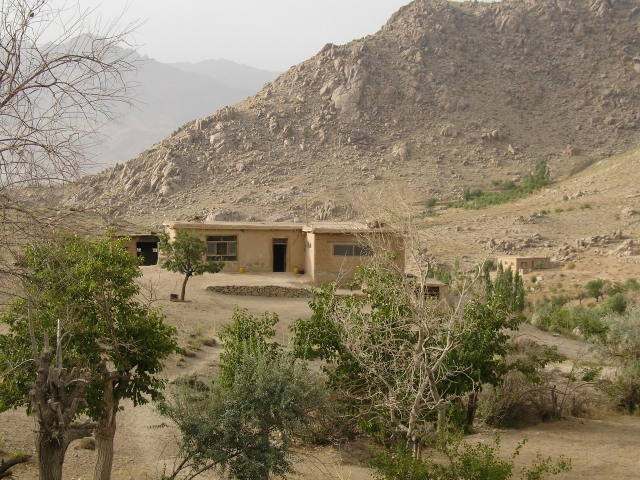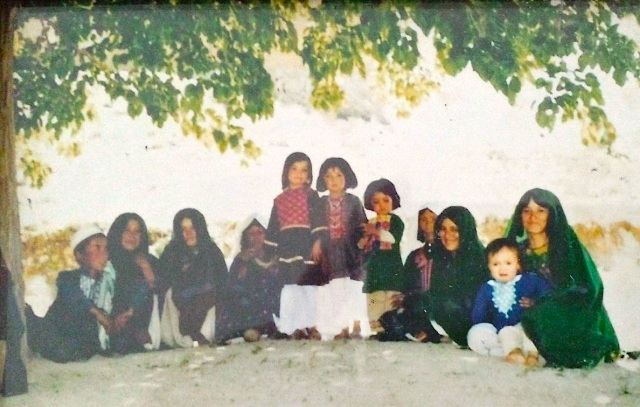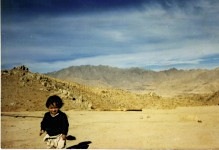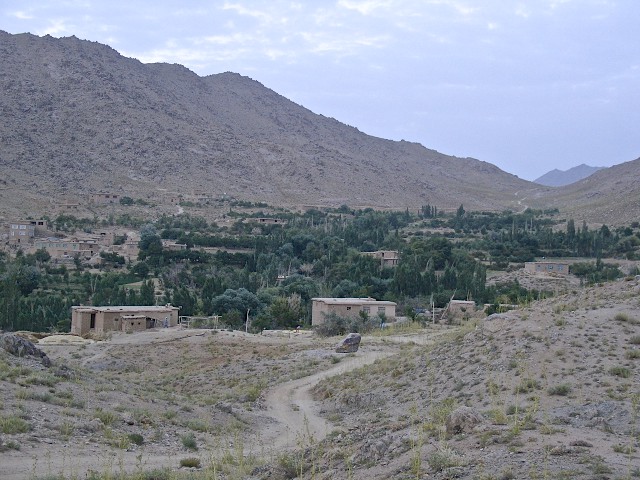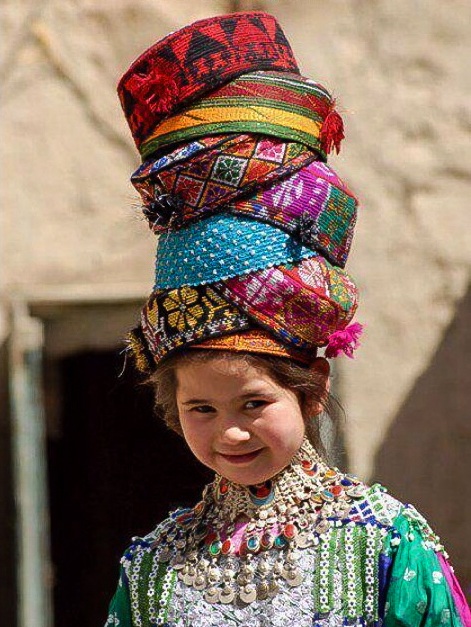In the days of the revolution the mullahs and their supporters used to do exactly the same things that the Taliban are doing today. They attacked schools, punished teachers, forced people to keep their children away from schools and education, beat up women and girls, and persecuted the open-minded and educated people. When we first enrolled your uncle into school, the mullahs, some of them my own nephews and people from our own village, opposed us openly and loudly, they spoke out against us, and tried everything to get us to enroll him into the mosque instead. We refused, and they continued opposing us and harming us for as long as we lived in Watan. In those days everyone who attended a school was called an kafir.
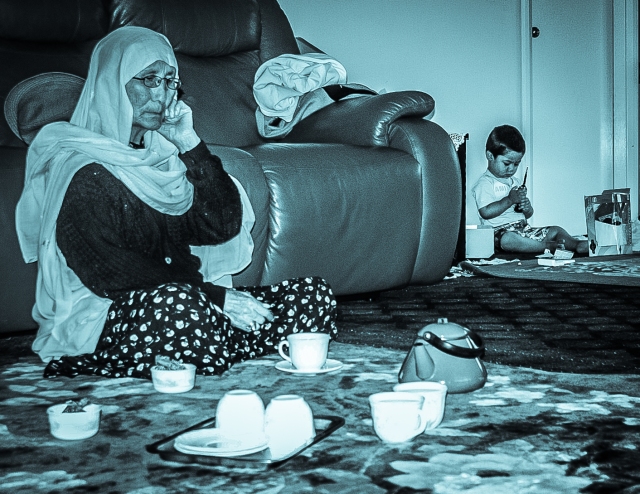
At the time we feared the mullahs like the people fear the Taliban today, and the mullahs were as ruthless as the Taliban are today. Mullahs opposed the new changes in the same way that the Taliban fight against the new changes today.
The mullahs divided people into Nasri, Nahzati, Hezb Islami, and they fought all the time. The called everyone else infidels. In the days just after the Soviets left Jaghori, Ali Madad Khan, the old tribal noble from Sang-e-Masha and a frail and white-bearded man at the time, was attacked upon, chased, dragged out and killed at his home near the Sang-e-Masha bazaar. Ali Madad Khan was declared an infidel the mujahideen in Sang-e-Masha. They surrounded his family fort and then forced their way in. The old man hid inside the tunnels in the massive walls. They found him there, dragged him out, stood the old man against the trees on his own farm and then shot him. They then prevented anyone from burying his corpse. His young children tried to retrieve his body and prevent it from being eaten by foxes and jackals. The mujahideen beat back the boys and groped the girls saying they were searching them for grenades. The old Ali Madad Khan lay in the open for days and nights, and jackals took bites off it before they allowed his brothers to bury his old body.
Ali Madad Khan, although the son of a Khan, was one of the nobles of Jaghori who had done some good things for the people. It was mainly because they were educated, and they had traveled the world. They introduced the people to new machinery for their farms and to new crops; they also set up schools for girls and boys. But all of this was short-lived. The new kings in Kabul opposed the nobles and the mullahs issued religious decrees against them and the changes they had introduced. The Khans and their educated children were either captured and killed by the kings of Kabul or by the mullahs.
The same mullahs and the commander later tried to kill your father. They called him a Sholayee, and declared that the Sholayee are liable to be killed because they were kafir. Your father was able to escape but others were not so lucky. Today it is the Taliban who are doing the bad things and the mullahs are pretending to be the good people.
*Watan = Homeland
*Kafir = Infidel
*Mujahideen = Islamic holy warrior
*Sholayee = Maoist
